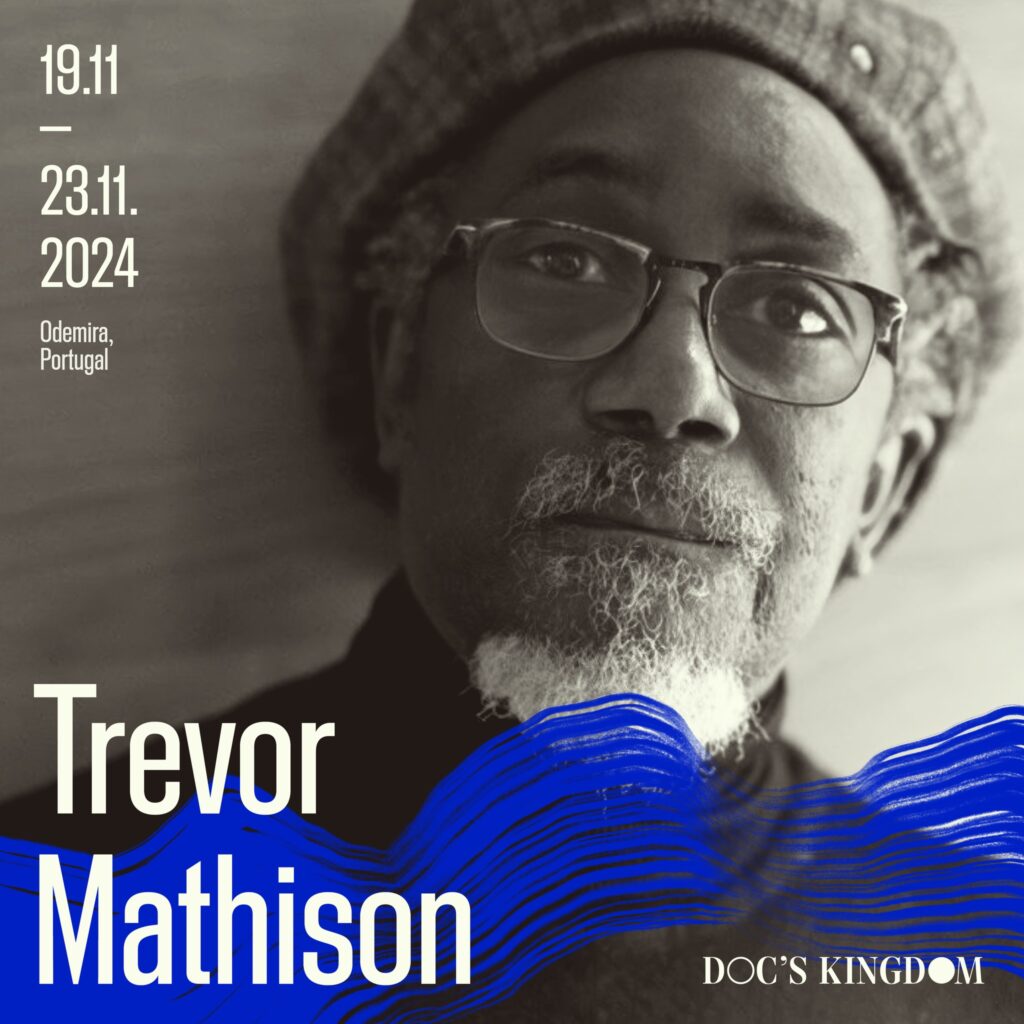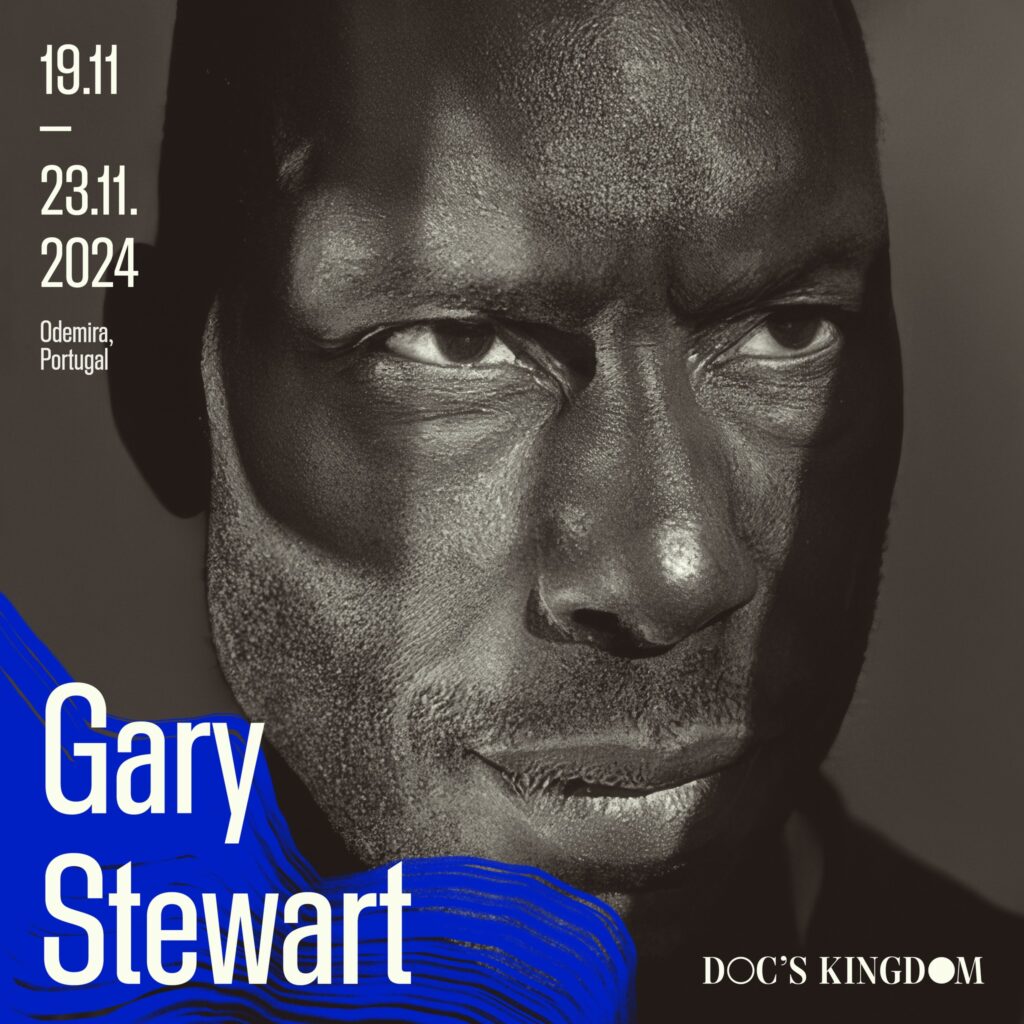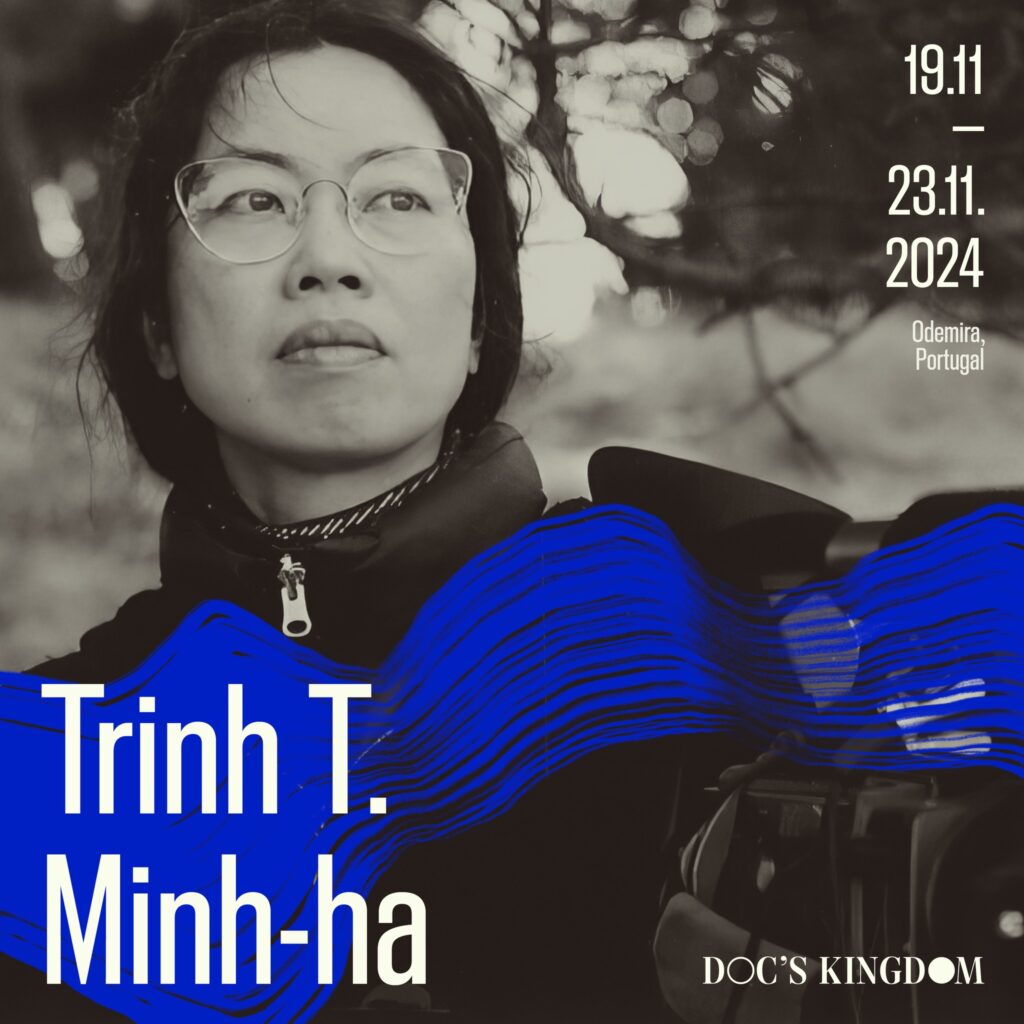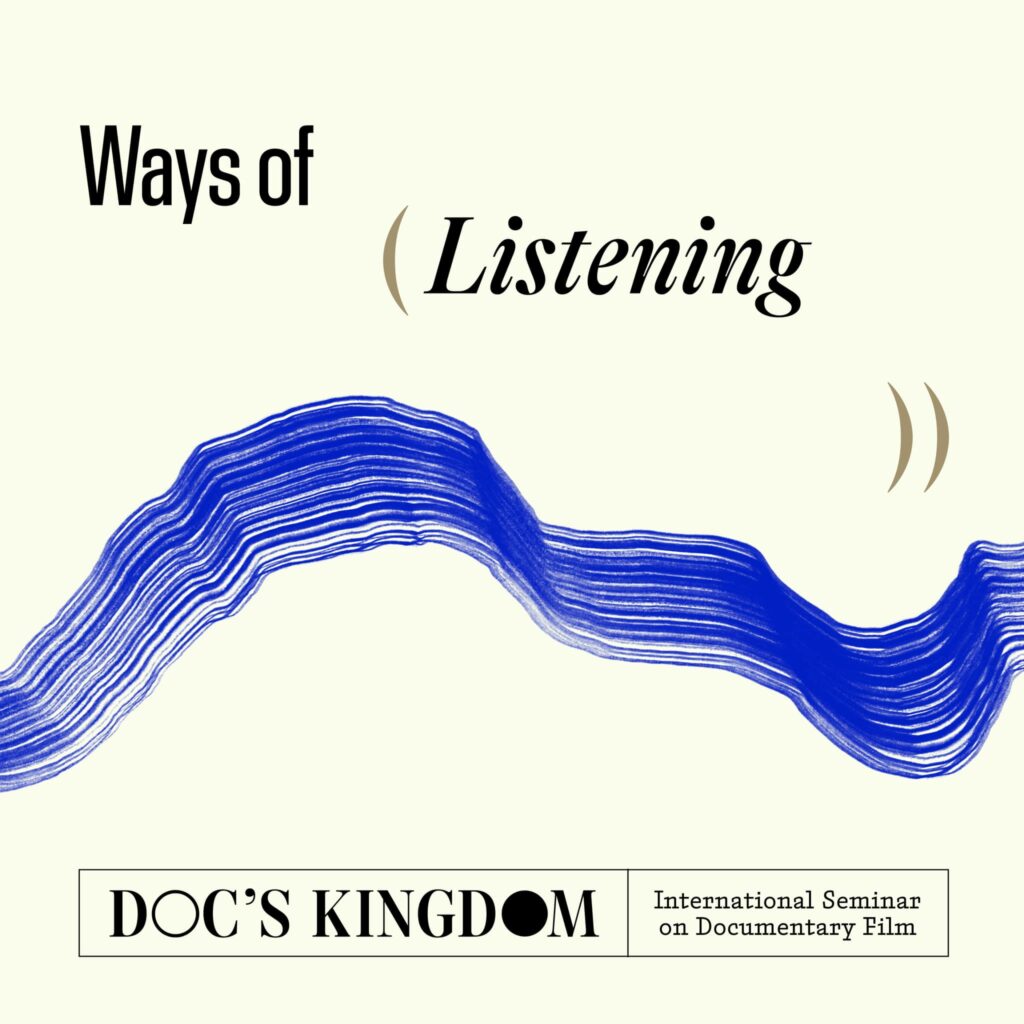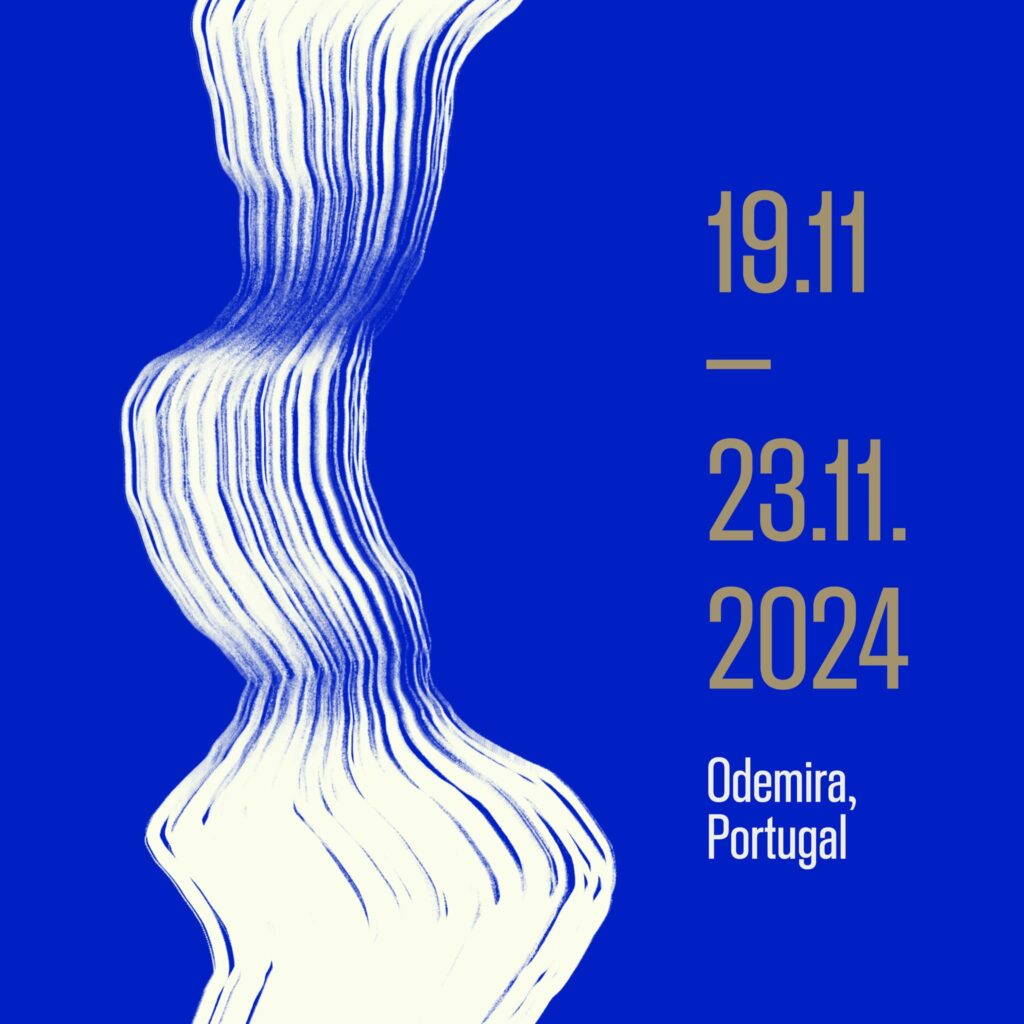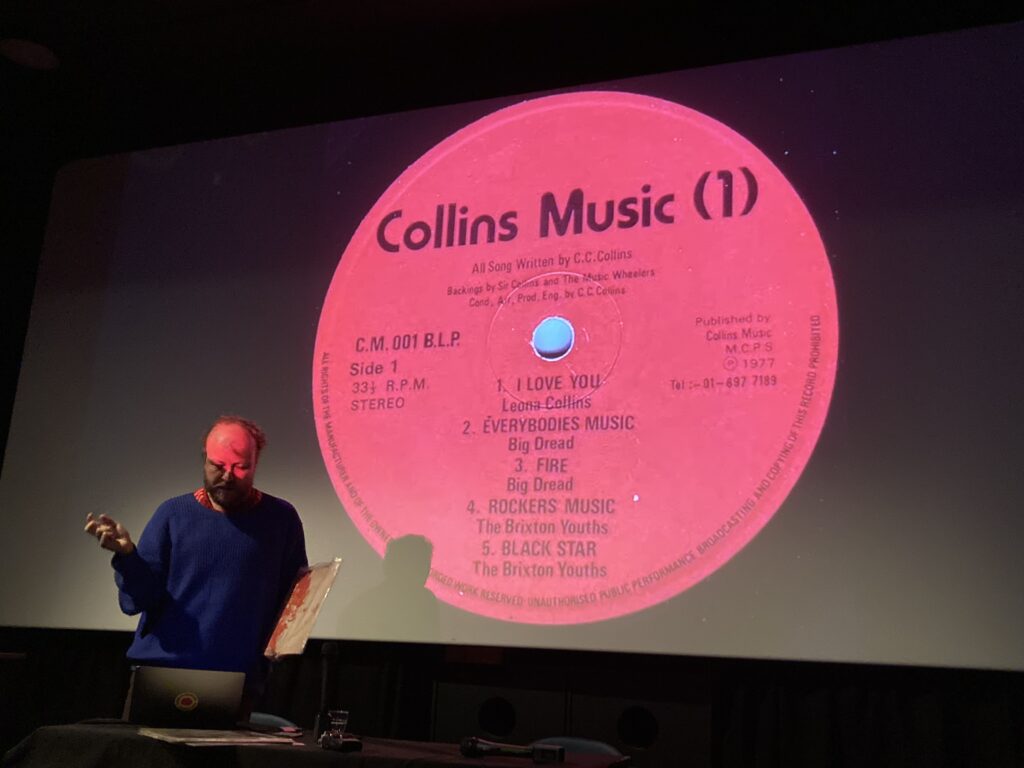
In the context of Courtisane Festival 2024 (Gent, 27 – 31 March 2024), with the support of KASK & Conservatory / School of Arts.
How to think dub cinema? How to think dub in, or as, or with, cinema? How, and in what ways, to think cinema by way of dub? How, and in which ways, does dub, understood not as a genre but, instead, as a sonic process that undoes the body of song, unmake the temporal structures of film?
In which ways does film invite thought that registers some of the ways in which dub, understood not only as sonic process but as cinesonic process, dramatises the unbelonging of black film to, or for, the institutions of the aesthetic, the ancestral, the archival, the auteurist, the authentic, the avant-garde, the bodily, the communitarian, the formal, the gendered, the generic, the historical, the militant, the narrative, the nation, the oral, the poetic, the political, the popular, the racial, the resistant, the struggle, the sexual or the traditional called upon by thought to organise the coherence of cinema?
Think of Thinking with Dub Cinema as two days of study, a film programme and a dub session devoted to questioning these questions. An invitation to study that dedicates itself to a practice of listening to cinema enabled by watching Handsworth Songs (Black Audio Film Collective, 1986).
Across study sessions led by Kodwo Eshun, Louis Henderson and Lynnée Denise, Thinking with Dub Cinema departs from an invitation to thought that attends to Handsworth Songs. Each session invites attendees to attune practices of watching, reading and listening towards developing a dub methodology for the imagination of auditory blackness, black audition, collective audition and filmic collectivity announced by Handsworth Songs.
Think of Thinking with Dub Cinema as a convening around an idea of dub cinema proposed, initially, by Greg Tate in 1988 and, subsequently, by Okwui Enwezor in 2007. In ‘Never Mind the Sex Pistols, Here Comes Sankofa’ published in The Village Voice on 30th August 1988, Tate wrote that:
“Black Audio Film’s Handsworth Songs is dub cinema — dub, for the uninitiated, being that form of reggae where the lead vocal track is removed, and the foreground space filled with regenerated and decaying sounds bent on invoking a mythic African past and future. Ostensibly a documentary, its free-floating and spectral treatment of historical footage testifies to the mystique of the black British citizen while critiquing the commercialization of the black image. Handsworth Songs is a compressed chorus of black British voices, whose foregrounding puts white media and the police in the position of being Other.”
In ‘Coalition Building: Black Audio Film Collective and Transnational Post-colonialism’ published in The Ghosts of Songs: The Film Art of the Black Audio Film Collective edited by Kodwo Eshun and Anjalika Sagar in 2007, Enwezor argued that:
“Though ostensibly addressing the issues of policing, Handsworth Songs reflects more profoundly the agency of the oppressed; it narrates their stories, not purely from the point of view of the event from which it derives its name, but equally through an archaeology of the visual archive of minoritarian dwelling in Britain. As is often the case in Black Audio Film Collective’s work, the ghosts of those stories inform the notion of a historically inflected dub cinema whose spatial, temporal and psychic dynamics relays the scattered trajectories of immigrant communities.”
Think of Thinking with Dub Cinema as an invitation to hear the ‘free-floating and spectral treatment of historical footage’ proposed by Tate and the ‘notion of a historically inflected dub cinema’ advanced by Enwezor as suggestions or, better still, as suggestures, to use Ian Penman’s term, for imagining a cine-poesis of the echo and a cine-practice of the version.
To hear Handsworth Songs as dub cinema is to elaborate upon the ways in which Handsworth Songs practices its versioning of cinema and its cinema of the version. To hear Handsworth Songs in and as a cine-mix is to attend to the ways in which Handsworth Songs versions film. To hear dub cinema in Handsworth Songs is to listen for the latent dimensions of the retroactive and the proleptic that become available for thought in the sounds and the images deployed by Handsworth Songs.
To hear Handsworth Songs from the place of the queer epistemology of Isaac Julien’s Territories, the television ballad of Philip Donnellan’s The Colony, the negrophobic Pathé newsreel of Our Jamaican Problem and the funerary poetics of Sir Collins & The Versatiles is to orient thought towards the ways in which Handsworth Songs summons archives for the sake and the stake of struggles that threaten the futures of the memories of black lives and deaths.
Think of Thinking with Dub Cinema as an invitation to elucidate the ways in which Handsworth Songs announces a cinema of unbelonging and unsettlement. An invitation to expound, expand and explicate some of the ways in which cinema dramatises its dub acoustemologies, its dub adjacencies, its dub affinities, its dub cosmologies, its dub economies, its dub epistemologies, its dub morphologies, its dub ontologies, its dub poiesis, its dub psyches.
Curated by Kodwo Eshun and Louis Henderson
In the context of the research project Echoes of Dissent (KASK & Conservatory / School of Arts Gent)
With the support of the Committee for Contemporary Art, KU Leuven and LUCA School of Arts, Film Department campus Brussels
In collaboration with Auguste Orts and argos
——————–
STUDY DAYS
Kodwo Eshun is a filmmaker, theorist and artist. In 2002, he co-founded The Otolith Group with Anjalika Sagar. They work by looking in the key of listening across media, observing a research-based methodology that studies events, archives, movements, compositions, materials, performance, vocality, and space-time in moving and non-moving image, sound, music and text. He is author of works such as Dan Graham: Rock My Religion (Afterall, 2012) and More Brilliant than the Sun: Adventures in Sonic Fiction (Quartet Books, 1998), and co-editor (with Anjalika Sagar) of The Ghosts of Songs: The Film Art of the Black Audio Film Collective (Liverpool University Press, 2007). He is a lecturer in Aural and Visual Culture at Goldsmiths, works as a curator and writes regularly for magazines and journals.
Louis Henderson is a filmmaker and writer who experiments with different ways of working with people to address and question our current global condition defined by racial capitalism and ever-present histories of the European colonial project. Henderson‘s films and installations are shown regularly in various international film festivals, art museums and biennials and are distributed by LUX and Video Data Bank. His writing has been published in both print and online in books and journals. At present, Henderson is a doctoral candidate at the École Nationale Supérieure d‘Arts de Paris-Cergy. His research looks into the riverscapes of the East of England and Guyana through “spiral retellings” of the works of Wilson Harris and Nigel Henderson.
A global practitioner of sound, language, and Black Atlantic thought, Lynnée Denise is an Amsterdam-based writer and interdisciplinary artist from Los Angeles, California. Shaped by her parent’s record collection and the 1980s, Denise’s work traces and foregrounds the intimacies of underground nightclub movements, music migration, and bass culture in the African Diaspora. She coined the term DJ Scholarship in 2013, which explores how knowledge is gathered, inter- preted, and produced through a conceptual and theoretical framework, shifting the role of the DJ from a party purveyor to an archivist and cultural worker. A doctoral student in the Department of Visual Culture at Goldsmiths, Denise’s research contends with how iterations of sound system culture construct a living archive and refuge for a Black queer diaspora. She just published her debut book, Why Willie Mae Thornton Matters (the University of Texas Press), a narrative journey of reclamation that intricately details and humanizes the full life, musical contributions, and cultural impact of Willie Mae Thornton.
